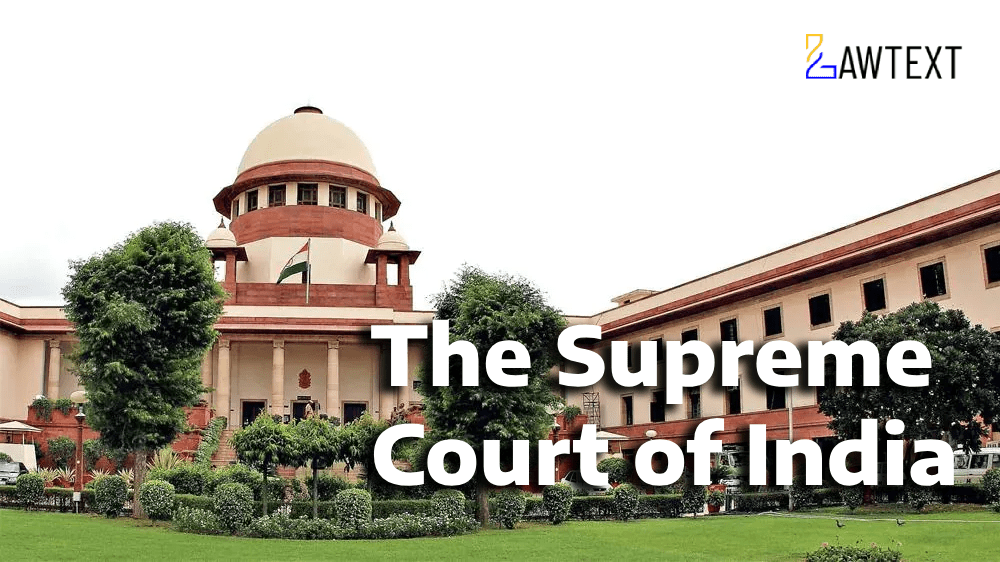

Constitution of India, 1950 – Indian Evidence Act, 1872 – Code of Criminal Procedure, 1973 – Indian Penal Code, 1860
Extra-Judicial Confession – Evidentiary Value – The Supreme Court reiterated that an extra-judicial confession is a weak piece of evidence and cannot be relied upon solely for conviction unless it inspires confidence and is corroborated by other prosecution evidence – If an accused was in a confused state of mind at the time of confession, such a confession lacks credibility – Omission of key statements in the witness testimony recorded under Section 161 CrPC affects the reliability of the evidence (Para 17-22).
Circumstantial Evidence – Chain of Events – In a case resting on circumstantial evidence, the prosecution must establish a complete chain of circumstances leading to the guilt of the accused beyond reasonable doubt – No bloodstains found on the accused's clothes, absence of a recovered weapon linking the accused, and lack of corroborating evidence weakened the prosecution case (Para 16, 20-23).
Contradictions in Witness Testimonies – Prosecution witnesses gave inconsistent statements, with material omissions in their Section 161 CrPC depositions – The Supreme Court held that such contradictions strike at the root of the prosecution case and render the conviction unsustainable (Para 21-23).
Benefit of Doubt to the Accused – The Court observed that although suspicion pointed towards the accused, it could not replace substantive legal proof – Conviction and sentence under Section 302 IPC were set aside – Appellant ordered to be released forthwith unless required in another case (Para 24-26).
Extra-Judicial Confession – Circumstantial Evidence – Contradictions in Testimony – Benefit of Doubt – Section 302 IPC – Material Omissions – Weak Evidence
1. Nature of the Litigation:
The appellant was convicted under Section 302 IPC for the murder of Manda, with whom he was in a live-in relationship. The prosecution relied on extra-judicial confessions made by the accused to various witnesses.
2. Who is Asking the Court and for What Remedy?
The appellant challenged the Bombay High Court’s decision affirming his conviction and sought acquittal based on weak and contradictory evidence.
3. Reason for Filing the Case:
The appeal was filed against the reliance placed on extra-judicial confession without corroboration and inconsistencies in prosecution evidence.
4. What Has Been Already Decided Until Now?
Appellant:
Respondent (State):
The Supreme Court found the extra-judicial confession unreliable due to contradictions and the accused's confused state of mind. The lack of corroborative evidence, material omissions, and inconsistencies in witness statements led the Court to acquit the accused, granting him the benefit of the doubt.
An extra-judicial confession, being a weak piece of evidence, must be corroborated by independent and reliable evidence. Suspicion, however strong, cannot replace legal proof.
Citation: 2025 LawText (SC) (2) 42
Case Number: CRIMINAL APPEAL NO. 608 OF 2013
Date of Decision: 2025-02-04
Case Title: RAMU APPA MAHAPATAR VERSUS THE STATE OF MAHARASHTRA
Before Judge: [ABHAY S. OKA J. , UJJAL BHUYAN J.]
Appellant: RAMU APPA MAHAPATAR
Respondent: THE STATE OF MAHARASHTRA